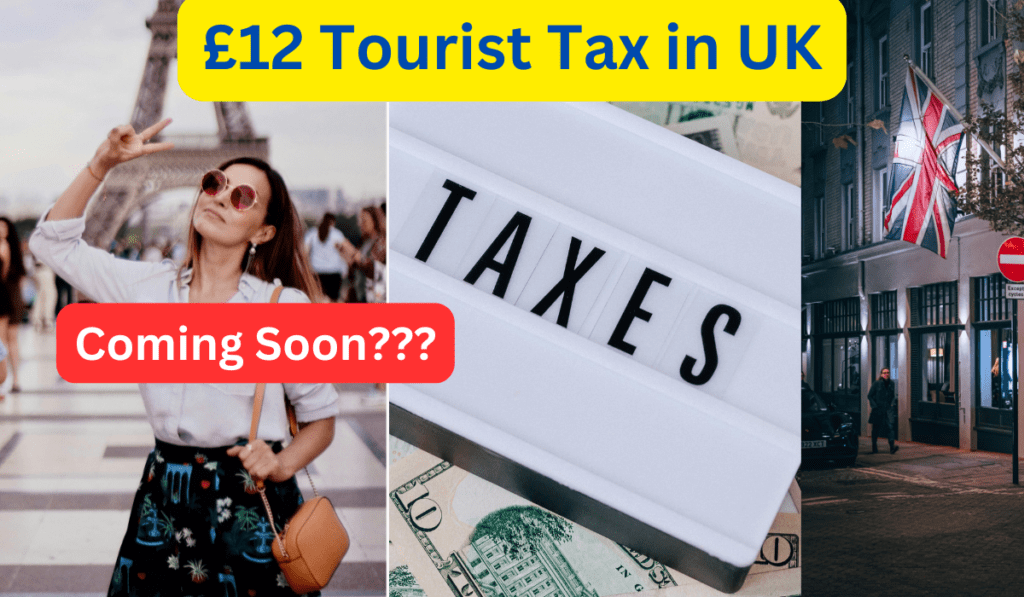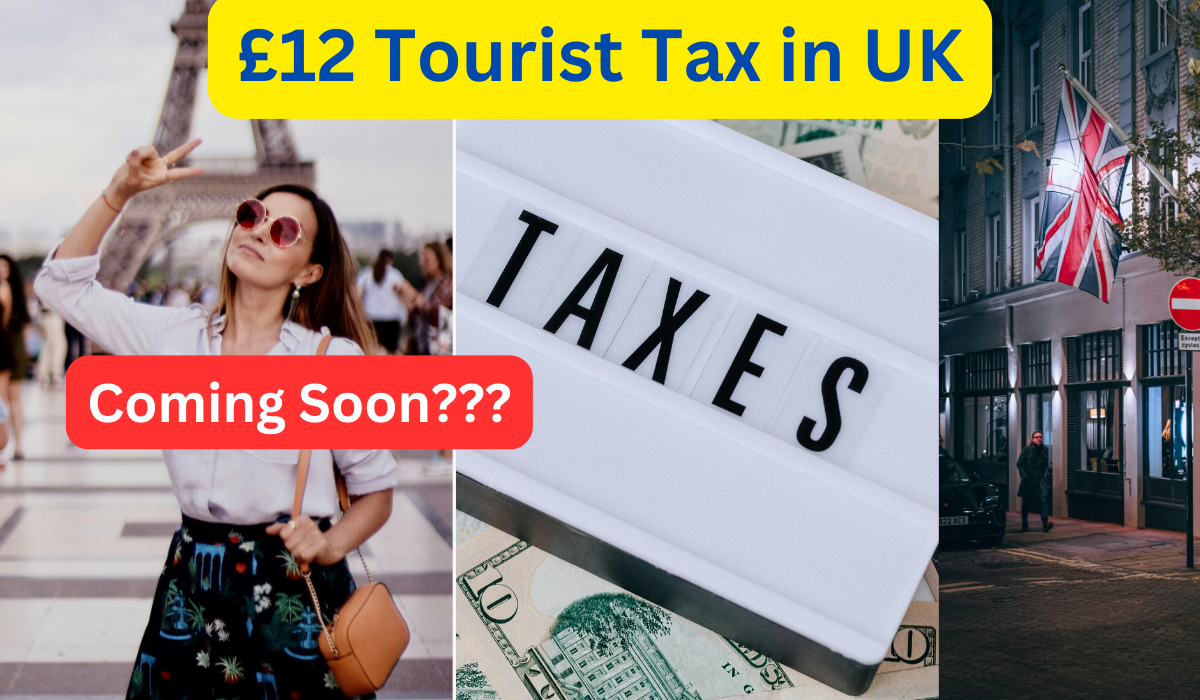If you’re planning a holiday in the UK, your budget might soon need to account for an additional expense. Reports suggest the government in UK is considering introducing a “tourist tax” to generate revenue, with a proposed fee of up to £12 per person per night for accommodations. Here’s a detailed look at what this could mean for travelers.

What is the UK Tourist Tax?
The proposed tourist tax aims to help the government address budget shortfalls. It would apply to all types of accommodations, from campsites to luxury hotels.
Here’s a potential breakdown of the tax:
| Accommodation Type | Proposed Tax (Per Person, Per Night) |
|---|---|
| Campsites | £1 |
| Budget Hotels | £2-£5 |
| Mid-Range Hotels | £5-£8 |
| Luxury Hotels | Up to £15 |
This idea mirrors similar levies in countries like Spain and France, where tourists pay fees for their stays in certain destinations.
Where Would the Tax Apply?
The tax would be collected nationwide, potentially affecting all accommodation bookings for holidays in the UK. Some areas are already moving forward with localized versions of this tax:
- Wales: Considering a visitor levy, with local councils setting specific rates.
- Edinburgh: Planning a 5% accommodation fee by 2026, expected to raise £50 million annually.
If implemented across the UK, the government could generate over £1 billion yearly, providing significant financial relief for public spending.
Why Introduce a Tourist Tax?
The tourist tax is part of broader measures to address rising government expenses and borrowing costs. Other strategies include:
- Spending cuts across welfare programs like Personal Independence Payments.
- Reducing departmental budgets beyond the planned 5% cuts.
- Avoiding further tax hikes after a £40 billion increase in October.
These measures reflect the government’s attempts to balance fiscal challenges without overburdening taxpayers. But tourists have to spend extra bucks for travel.
How Might the UK Tourist Tax Impact Travelers?
The tourist tax could increase the cost of holidays for domestic and international tourists alike. For example:
- A family of four staying at a mid-range hotel for a week could face an additional £140 in fees.
- Budget-conscious travelers may opt for shorter stays or alternative destinations to avoid higher costs.
However, proponents argue that the revenue could improve tourism infrastructure, benefiting travelers in the long term.
Will This Tax Be Implemented?
At this stage, the tourist tax is only under consideration. A Treasury spokesperson stated, “We do not comment on tax speculation outside of fiscal events.” The government might announce its decision during the Chancellor’s fiscal statement in March.
FAQs
1. What is the UK Tourist Tax?
The tourist tax is a proposed fee of up to £12 per person per night for accommodations, aimed at generating revenue for government budgets.
2. Which accommodations will the Tourist tax in UK apply to?
The tax could apply to all types of accommodations, including campsites, budget hotels, and luxury properties.
3. Is the tax confirmed?
No, the tourist tax is still under consideration. Details are expected to be clarified during the fiscal announcements.
4. How will this affect holiday costs?
The tax may significantly increase the cost of domestic and international holidays in the UK, especially for families and long-term stays.
5. Are there similar taxes in other countries?
Yes, countries like Spain and France already have tourist taxes, which fund local projects and tourism-related initiatives.
The UK tourist tax has sparked debates among travelers and policymakers alike. For now, those planning trips to the UK should stay informed about upcoming fiscal announcements, as the proposed tax could reshape holiday budgets and experiences.

